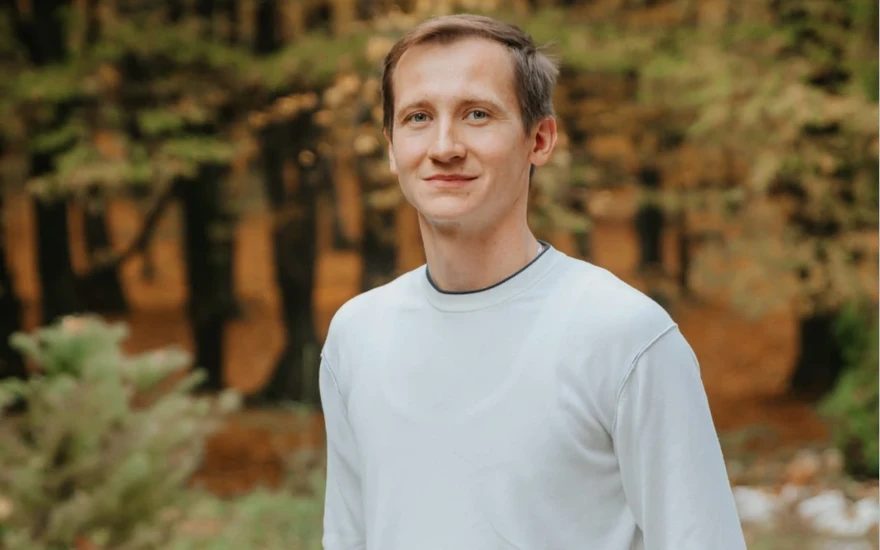
GM Zahar Efimenko
Interview with GM Zahar Efimenko - New German Women's Team Coach
Interview by David Moreno Rivlla
1) Hello, Mr. Efimenko, thank you very much for taking the time to do this interview! What are your most important qualities as a chess coach, and how did you acquire these qualities?
I have been working a lot as a coach lately and now want to share my experience with the Women's national team. I also worked as a coach at the 2024 Chess Olympiad in Budapest. The most important thing in a team is a friendly atmosphere and mutual respect. I also completed my training in Germany and obtained a Category C coaching license.
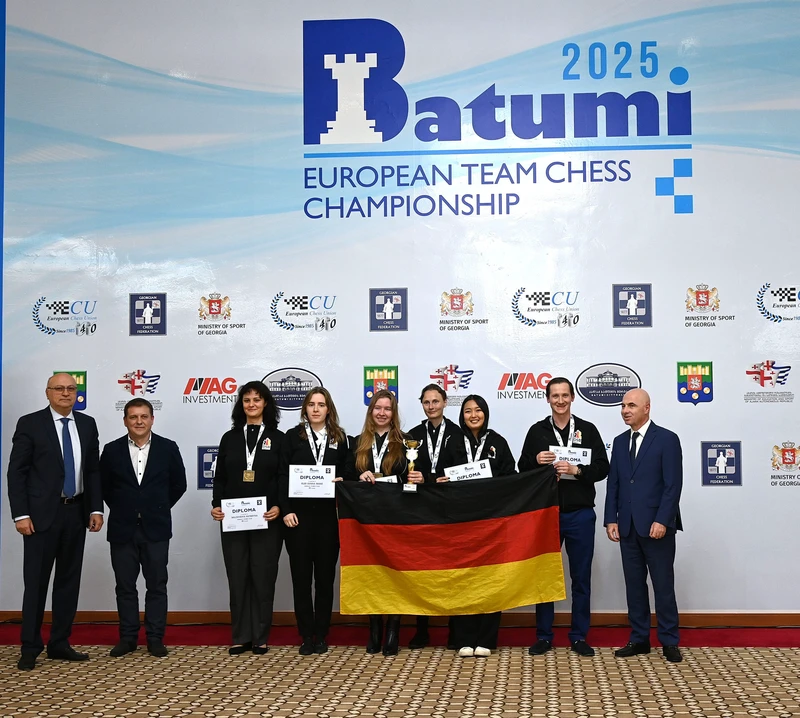
GM Zahar Efimenko (second from right) is coach of the German Women's national team, that won Bronze at the European Women's Team Chess Championship 2025 (Picture: European Chess Union)
2) Chess is a very mental game. How do you train the mental aspect of chess, for example, absolute concentration at the board, blocking out all distractions, and coping with a difficult defeat? Do you have any practical tips?
Generally, at the start of a game, I immerse myself completely in the search for interesting ideas, so nothing usually distracts me. I believe that dealing with defeat in chess is one of the most difficult aspects of the game. For example, I am not particularly resilient to defeat and can sometimes overthink my best decisions. In recent years, I have improved this skill and think more about positive things, as negative thoughts only sap energy and do not produce good results.
3) How do you see the promotion of young talent in Germany at the moment? What needs to be done to get more children, and especially more girls, playing chess?
At the moment, it is difficult for me to assess the situation in youth chess, as I have usually worked with adult chess players. I have noticed that many talented young Ukrainian chess players have switched to the German Chess Federation. This increases competition among players in youth chess, which ultimately leads to success. Fewer women than men have always played chess, so it is difficult to make any fundamental changes in this area.
4) You were also the coach of former world champion Kramnik when he almost qualified for a world championship match again in the 2013 Candidates Tournament. Carlsen finished just ahead of him by the narrowest of margins. Can you tell us a little about what it's like to coach such a world-class player who wants to regain a lost world championship title?
I began working with Vladimir Kramnik in 2011 at the Candidates Tournament in Kazan. Then there was an important tournament in London in 2013, followed by the Challengers Tournament in 2014, and I also helped out at the World Cup. For me, this was an invaluable experience that I have used in my further training. Working with Kramnik is a lengthy, complex process that requires a positive end result. Essentially, it involves working on the computer, checking complex variations, and searching for new creative ideas. In London, Kramnik came closest to success, but the young and talented Magnus Carlsen was luckier. After London, Kramnik tried again to win the Candidates Tournament, but he no longer had a chance of success.
5) You have played for the Ukrainian national team many times and even won the 2010 Chess Olympiad with the team. You became Bundesliga champion with Werder Bremen. Which of your victories do you particularly like to look back on? Which game should our readers definitely know about?
I consider the victory at the 2010 Olympiad to be my greatest career success. At that time, I won an important game against Vladimir Malakhov, which enabled us to achieve a draw against our main rivals, Russia:
In 2005, I won the Schachbundesliga with the Werder Bremen team. That is the best result Werder Bremen has ever achieved. At that time, I won an important game in the French Defense against Rafael Vaganian:
6) At what age did you learn to play chess? What memories do you have of that time?
My father, who loved the game but wasn't a strong player, taught me how to play chess. I became interested in the game and, at the age of eight, he enrolled me in a chess club. I enjoyed going to chess training after school.
7) What fascinates you personally about chess?
Chess stimulates the imagination, improves patience, and teaches discipline. It improves memory and promotes creative thinking. Thanks to chess, I have discovered many interesting countries and learned about different cultures. Like any other sport, chess teaches you to set new goals and achieve them.
8) What was the most unusual thing you ever experienced at a chess event?
I have experience with chess tournaments in the United Arab Emirates. Often, games there started after 5 p.m., and after an hour, all games were interrupted. Many locals went to pray at that time, and after a while, the games resumed.
At first, this was unusual, but after a few tournaments, you got used to it.
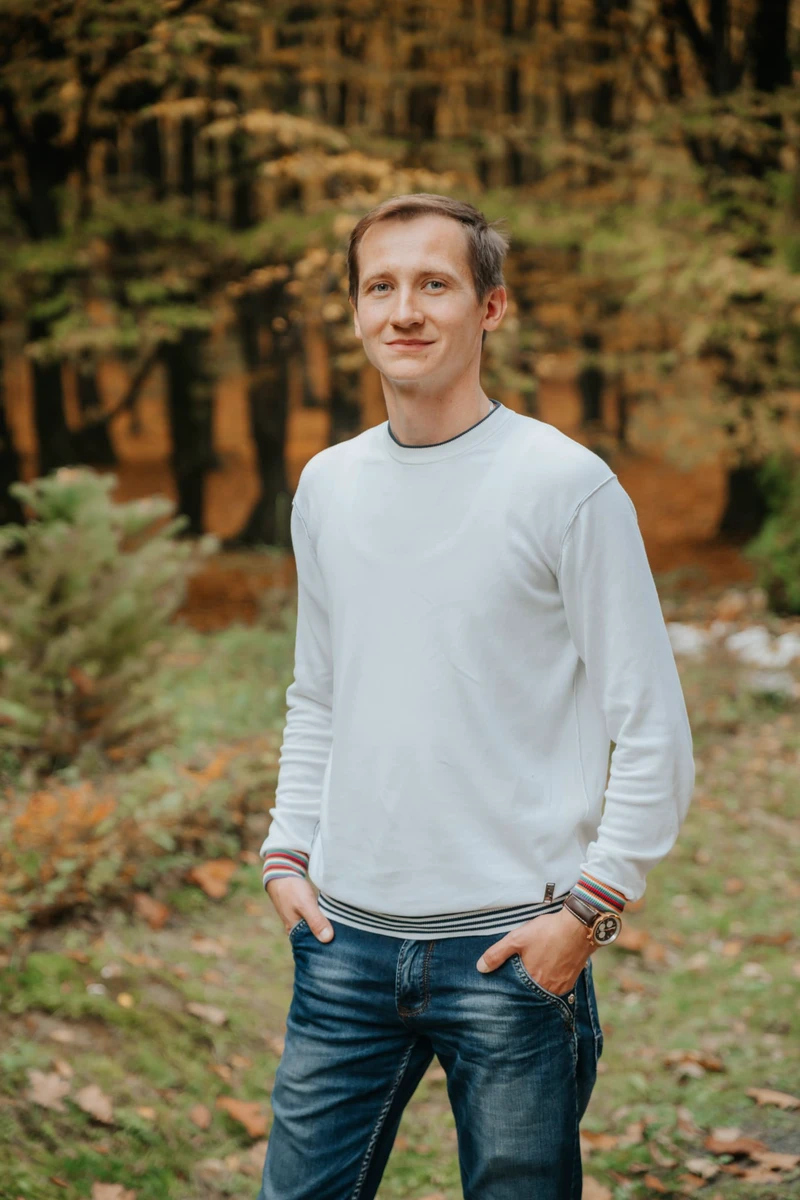
9) Which chess player from the present or past do you admire most?
I think the most brilliant chess player of the past is Bobby Fischer. I also like the games played by Kasparov and Alekhine. Among modern chess players, I admire the games played by Magnus Carlsen and Fabiano Caruana.
10) What are your interests apart from chess?
I am an avid visitor to classic car shows. Fortunately, there are many interesting and varied car shows in Germany. The last one I visited with my family was in Hanover in July. I also love fishing, but in Germany you need a special fishing license, so I haven't been fishing for three years. I also play a bit of table tennis, which helps me stay physically fit.
11) What would you recommend to our readers who want to improve their opening, middlegame, and endgame play?
Openings: I would advise readers to choose an opening that they really like and that suits their playing style.
Middlegame: And, of course, it is important to connect it to the middlegame and understand the most important plans and typical ideas.
Endgame: It is also very important to know the basics of the endgame and the basic positions.
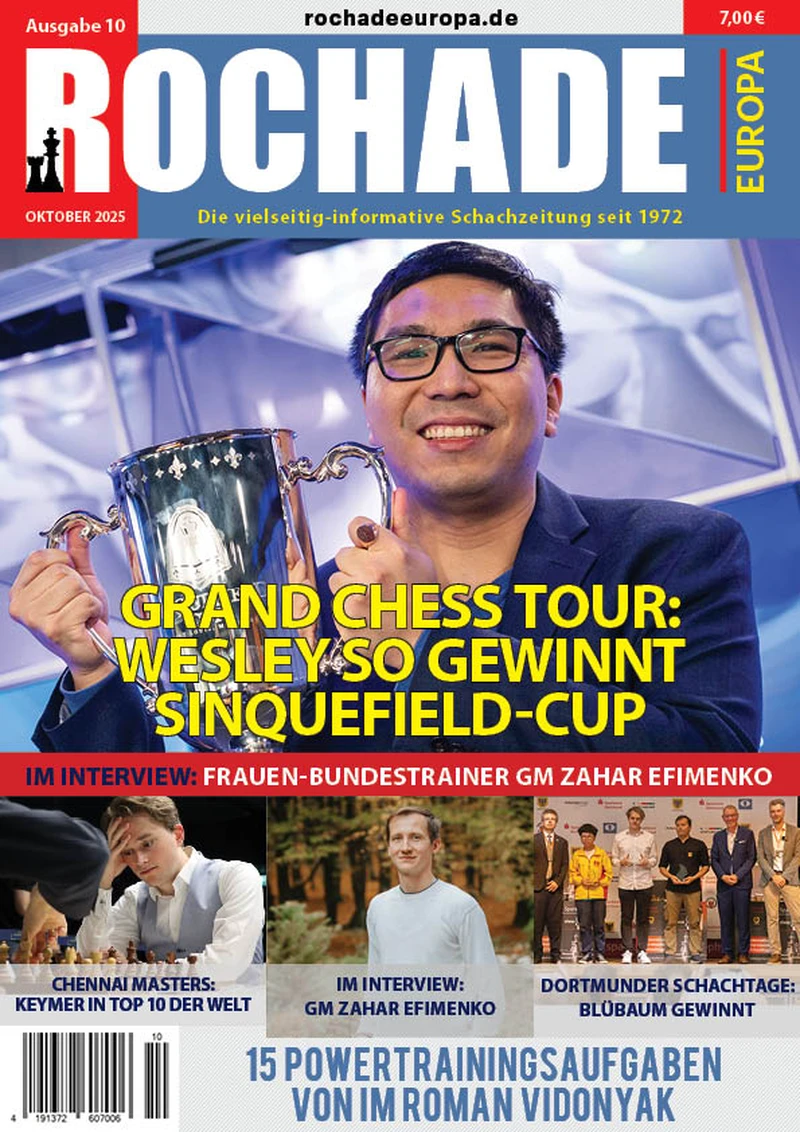
Note that this article was first published originally in German in the October 2025 issue of the German chess magazine Rochade Europa).
You may also like
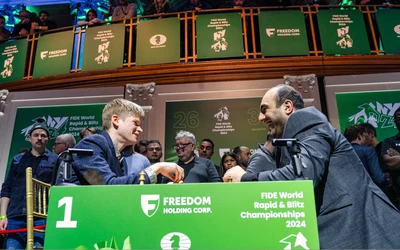 FM jeffforever
FM jeffforeverInterview with GM Volodar Murzin - World Rapid Champion 2024
Get to know the 18-year old surprise World Champion who wasn't accepted at the chess club at seven!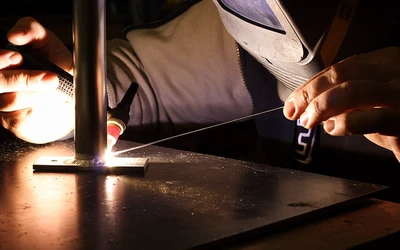 thibault
thibaultHow I started building Lichess
I get this question sometimes. How did you decide to make a chess server? The truth is, I didn't.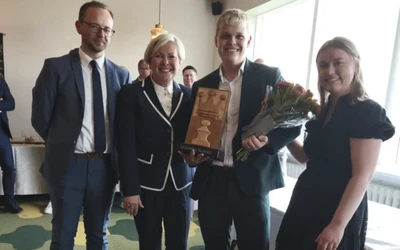 FM jeffforever
FM jeffforeverInterview with GM Vignir Vatnar Stefansson - 2x Icelandic Chess Champion
Get to know the 22-year-old GM, whose great-great-grandfather became the first Icelandic Champion!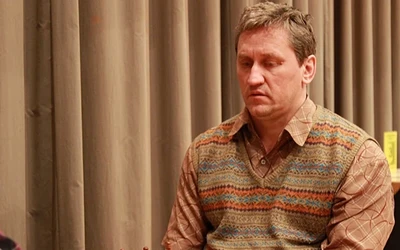 FM jeffforever
FM jeffforeverInterview with GM Oleg Korneev - Former Top 20 & very active OTB player
Get to know the GM who constantly plays 150+ rated classical OTB games per year!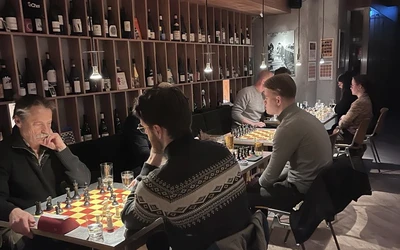 FM jeffforever
FM jeffforever